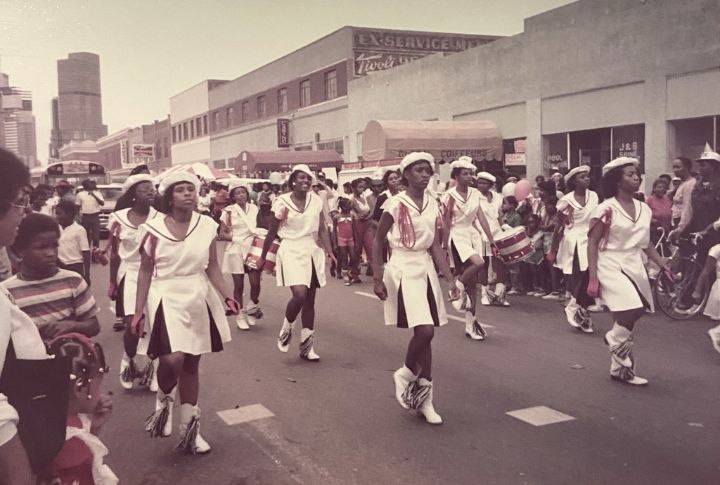
Names etched in textbooks barely scratch the surface of the real journeys that shaped African-American history. Some stories moved through city streets, and others unfolded in silence behind school gates or in combat zones. Rather than disappearing, each item on this list holds an unfinished legacy, with its impact still unfolding.
Juneteenth’s Enduring Legacy Of Liberation
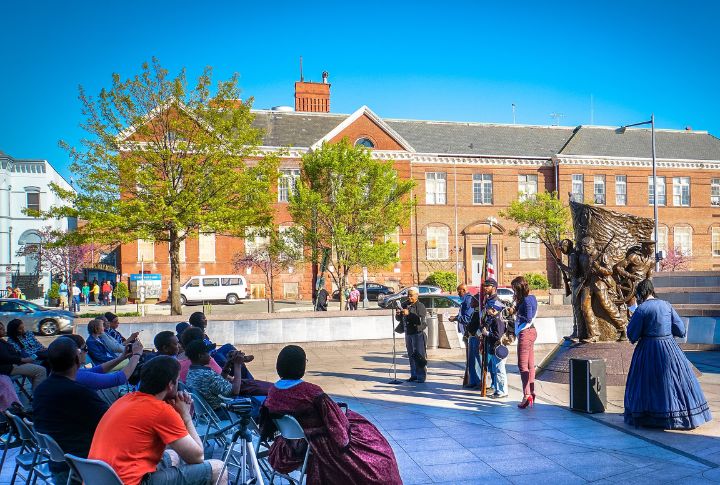
Juneteenth became a federal holiday in 2021 to commemorate June 19, 1865, when Union troops arrived in Texas to enforce the Emancipation Proclamation, more than two years after it was signed. Its legacy continues today in cookouts, parades, and gatherings where freedom is honored as a lasting cultural legacy.
The Black Freedom Movement’s Global Impact

The Black Freedom Movement of the 20th century inspired global resistance, fueling anti-colonial struggles in Africa and Asia, and also included Ghana’s 1957 independence. As Malcolm X and Angela Davis forged international alliances, the pulse of American protest traveled overseas, joining a greater global fight for justice.
Revolutionary War Contributions Of African Americans
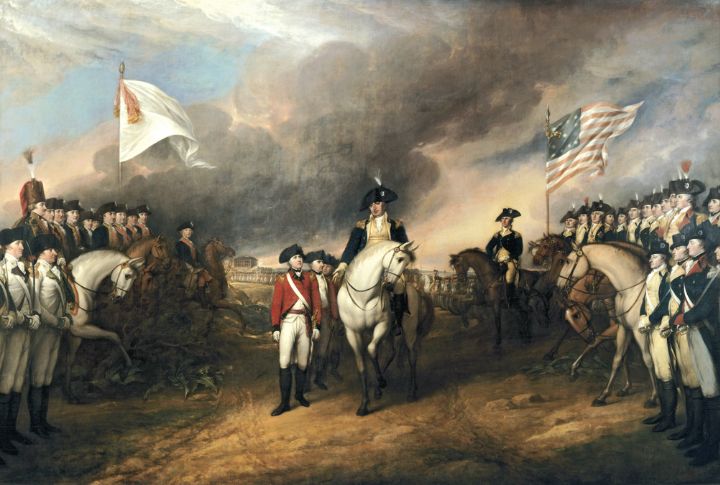
During the American Revolutionary War, thousands of African Americans chose sides not out of loyalty but in pursuit of liberty and joined both Patriot and British ranks. Figures like Crispus Attucks and James Armistead show that the nation’s founding was shaped by Black resistance amidst deep contradictions.
The Harlem Renaissance’s Cultural Awakening
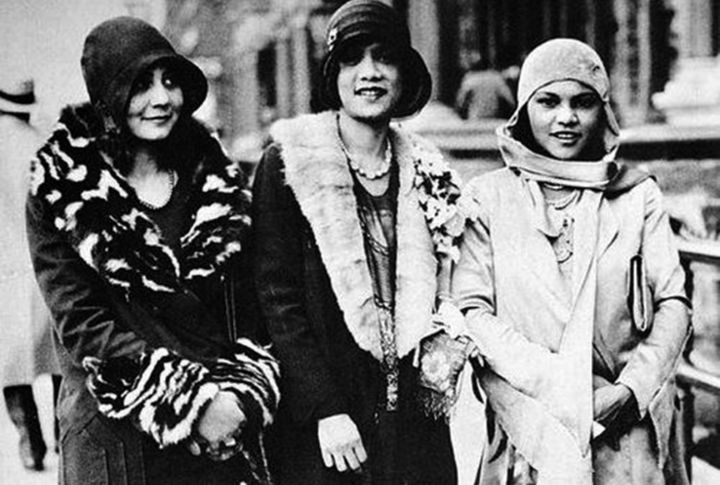
In the 1920s, Harlem pulsed with unmatched creative energy as poets, painters, musicians, etc. redefined Black brilliance. Creative forces like Langston Hughes and Zora Neale Hurston infused the mainstream with rhythm and insight that once only lived in overlooked corners and gave Black culture the platform it had always deserved.
The Black Panther Party’s Community Initiatives
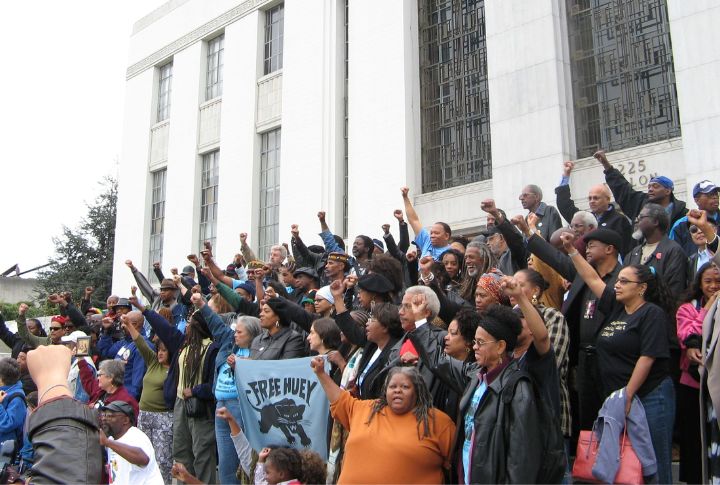
Beneath the surface of the Party was a blueprint for survival that reshaped neighborhoods from Oakland to Chicago. Here, they launched over 60 community programs, which included free breakfast for thousands of children by 1971. Through education and self-determination, they showed Black communities how to care when systems failed.
The Great Migration’s Transformative Journey
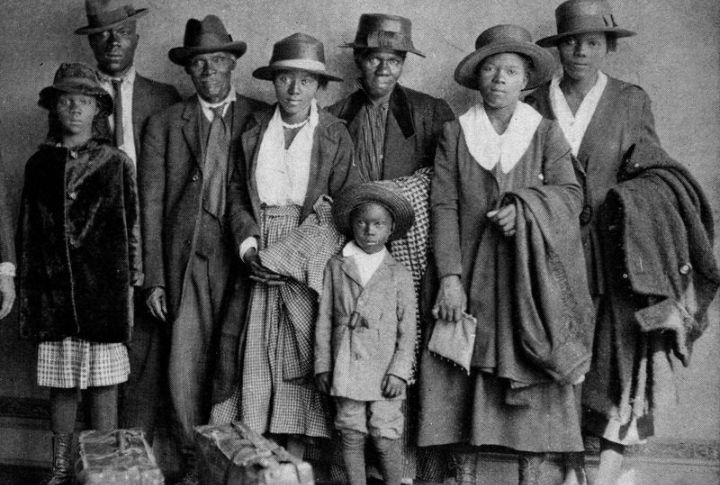
Over six million African Americans migrated out of the South and brought their skills and ambition into cities like Chicago and Los Angeles between 1916 and 1970. As families moved, they not only changed their surroundings but also helped shape the identity of American cities.
The Civil Rights Movement’s Pursuit Of Equality
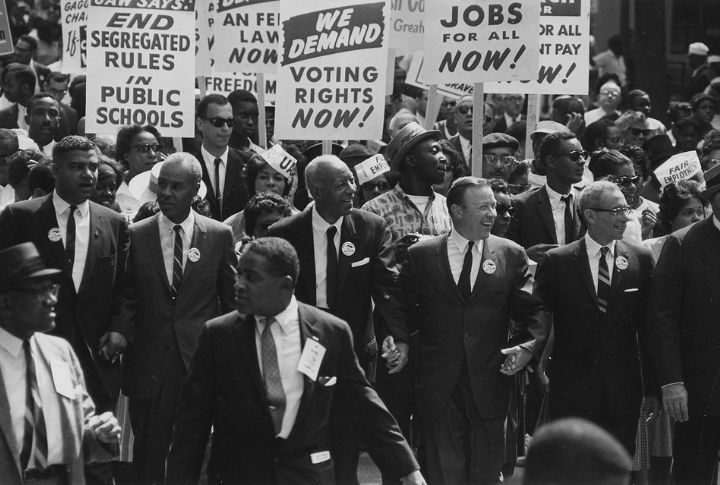
What began with a lunch counter sit-in in Greensboro in 1960 became a nationwide demand for dignity, where each protest and court battle developed from earlier efforts. Equal rights were secured through relentless struggle, guided by those who raised their voice and chose to act. It was another step in the right direction.
The Black Power Era’s Assertion Of Identity
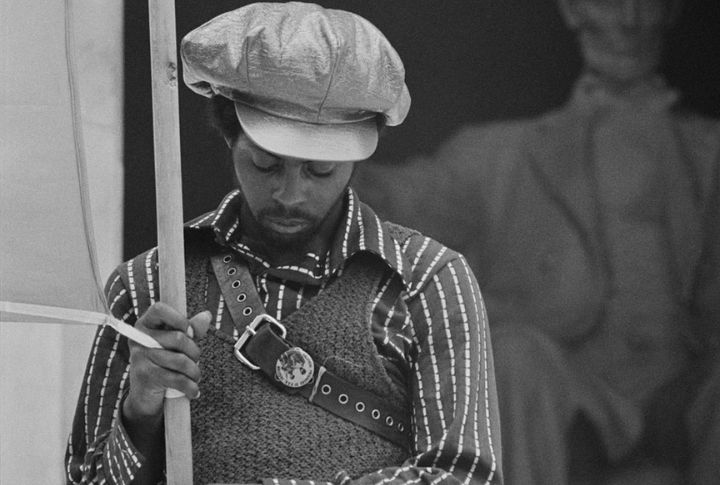
The Black Power Era emerged in the late 1960s, turning identity into a powerful statement with afros and Swahili greetings becoming symbols of strength and resistance. Declaring yourself as somebody wasn’t simply about confidence, but it was a demand to be seen by a society that had long ignored you.
The Rise Of Black Women’s Political Leadership
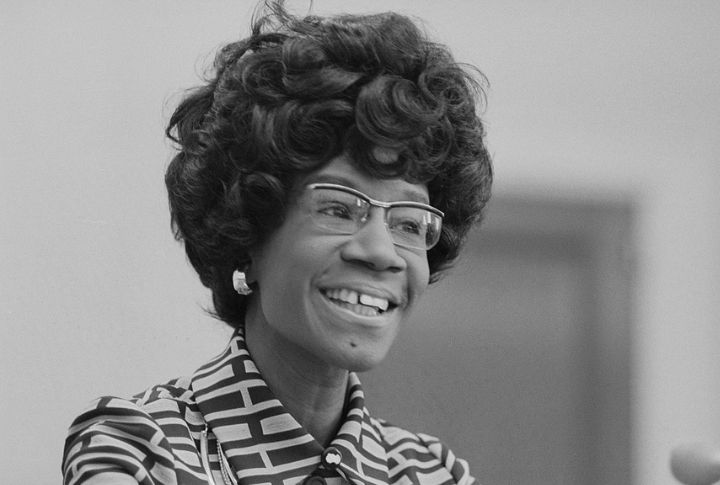
From the first Black congresswoman, Shirley Chisholm, to today’s powerhouse figures like Maxine Waters and Cori Bush, Black women have redefined American politics. Their leadership journeys continue to challenge systems and demand space where exclusion once reigned, and their rise remains as a revolution still in motion.
The Rise And Impact Of Historically Black Colleges And Universities (HBCUs)
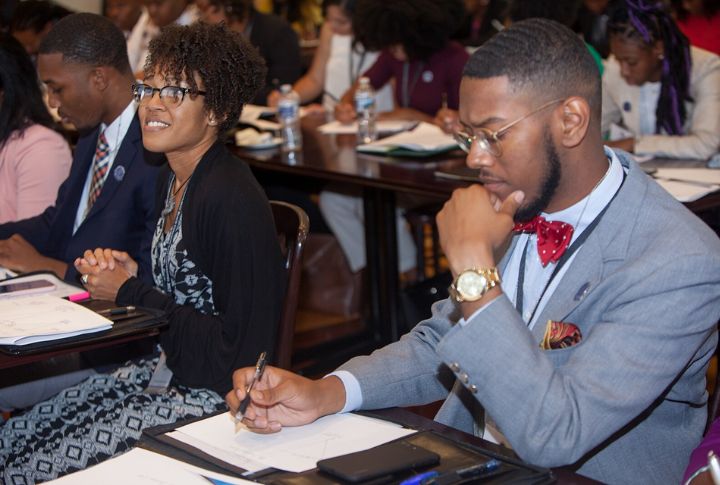
Founded in the shadows of exclusion, HBCUs like Howard, Spelman, and Talladega rose to nurture generations of Black professionals. These institutions evolved beyond academic spaces and became sanctuaries for brilliance. Here, Black students could rise freely, even when the world outside was hostile to their potential.

